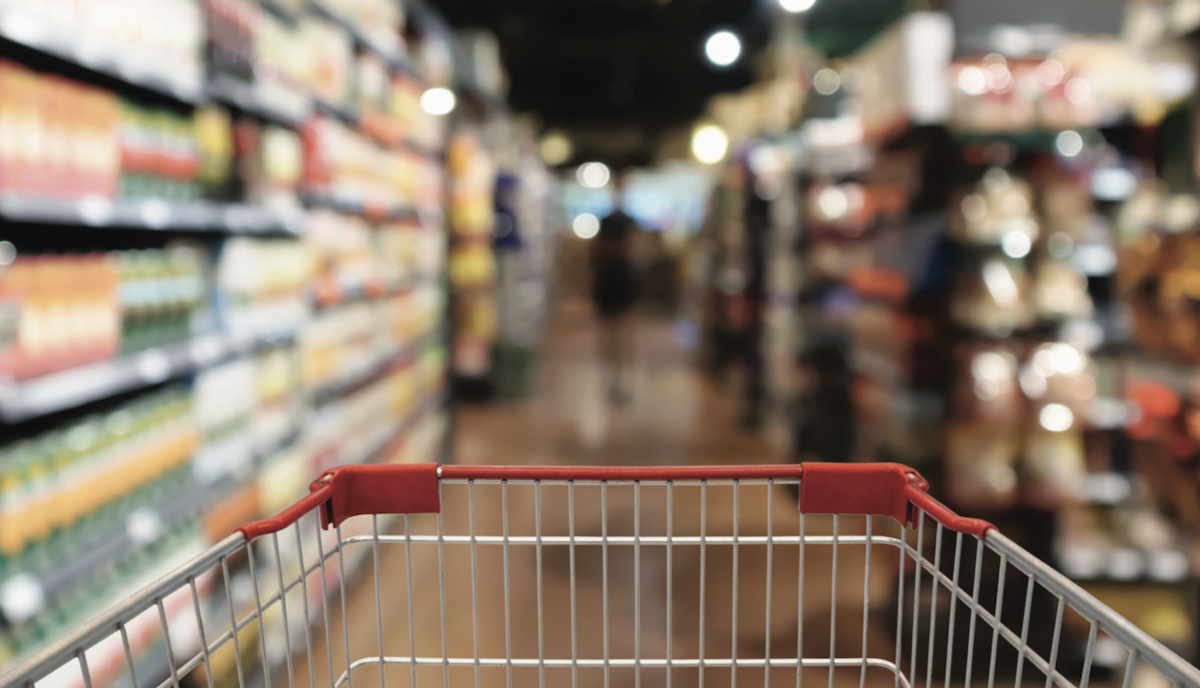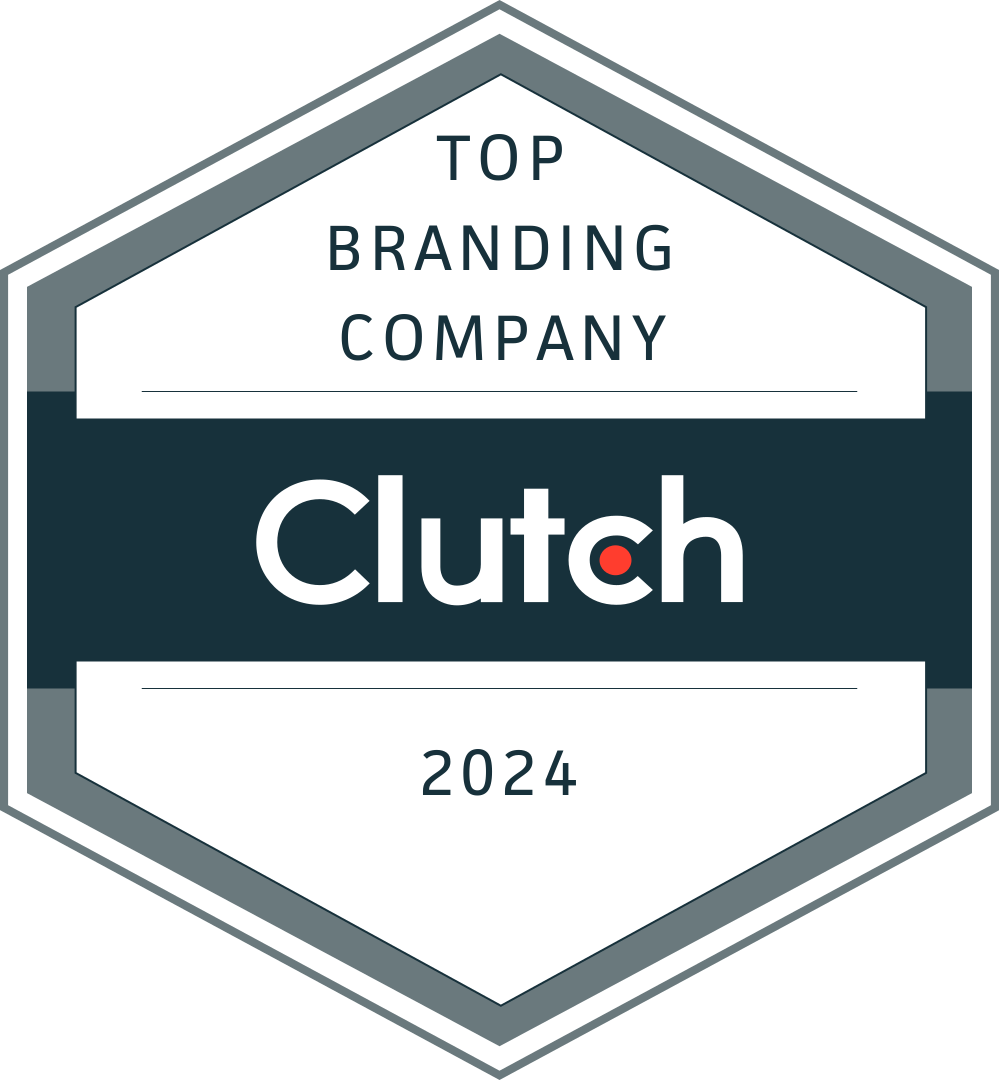Losing relevance vs. more digitally-oriented brands
The traditional CPG powerhouses are facing unprecedented challenges due to shifting consumer usage and purchase preferences, as well as technology advances impacting global commerce. Our recently released report, 2019 Top 100 Most Powerful Brands shows CPG brands remain prominent in the rankings but are slipping. The data used in the report is derived from our CoreBrand Index which calculates a company’s brand strength, or, as we like to call it, “BrandPower.”

BrandPower is a weighted composite of Familiarity and Favorability metrics, delivering a single benchmark for brand strength and its ability to impact business results. This metric, expressed as an index, has been validated by the Marketing Accountability Standards Board (MASB) and tracked for over 25 years.
Among this year’s Top 100 are 17 consumer packaged goods (CPG) brands, including both food & beverage as well as personal care & household products brands, 7 of which fall within the Top 20 (with 3 in the Top 10). Among these 17 brands, Clorox (+32 spots) and P&G (+18 spots) have seen the most improvement since 2014 while KraftHeinz (-49 spots) and Tyson Foods (-33 spots) have experienced the steepest drops in ranking over that same time period.
Coca-Cola retains the top spot overall!
First among the CPG brands – and first among all brands in the Top 100 – is Coca-Cola, which retains its #1 spot for the 18th consecutive year. This perennially iconic brand continues to excel through consistent brand investment, excellent execution, and strategic communications to deliver stability to its brand and its investors. That said, #2 ranked Apple is nipping at its heels, having closed the BrandPower gap between the two from 2.1 to 1.3 points.
PepsiCo and Hershey round out Top 10
Rounding out the Top 10 are PepsiCo at #6 and Hershey at #9. PepsiCo has moved up a spot vs. last year due to strengthening of Familiarity and Reputation metrics, while Hershey has slipped several spots from #5 in 2018 and #2 back in 2014, driven by declining Investment Potential. Both have been overtaken by the rise of tech giants Apple, Microsoft, and Alphabet (Google), with Facebook and Amazon not far behind.
Kellogg’s, General Mills, Colgate-Palmolive and Campbell’s also in Top 20
Also remaining in the Top 20 this year are Kellogg’s (#15), General Mills (#16), Colgate-Palmolive (#17) and Campbell’s (#19), all of whose rankings have eroded a bit vs. last year, with the exception of Colgate-Palmolive, which has remained steady. Both Kellogg’s (-6 spots) & Campbell’s (-5 spots) have fallen significantly vs. 2014, with Campbell’s experiencing a meaningful drop on our Culture of Innovation metric. This metric has been proven to improve the cash flow multiple predictability in our model from 64% to 77%.
Nestle, Revlon, Estee Lauder, Clorox, L’Oréal, Keurig Dr. Pepper and P&G within the Top 50
Another 7 CPG brands fall within the ranks of 34-50, with Nestle (#34), Revlon (#35), Estee Lauder (#36) and Clorox (#39) within the Top 40 and L’Oréal (#43), Keurig Dr. Pepper (#46) and P&G (#48) squeezing into the Top 50. Among this set, Clorox (+32 spots), P&G (+18 spots) and L’Oréal (+10 spots) have experienced the largest 5-year advances, while Revlon and Estee Lauder have both dropped down 11 spots over the same period. Both of these cosmetics and fragrance brands have suffered 5-year declines in Overall Reputation, Perception of Management and Investment Potential. Clorox appears to have been bolstered by growing Familiarity, while P&G shows strong long-term improvement across all tracked metrics.
JM Smucker shows momentum, while Tyson Foods and KraftHeinz continue their steep declines
Among the remaining CPG companies in the 2019 Top 100 Most Powerful Brands list, only JM Smucker (#54) ranks in the 50s through 80s in 2019, up 10 points vs. last year due to across-the-board improvements on captured metrics, notably Familiarity and Overall Reputation. Tyson Foods (#97) and KraftHeinz (#99) complete the CPG entries in the Top 100 for 2019. Both Tyson Foods (-33 spots vs. 2014) and KraftHeinz (-49 spots vs. 2014) continue their long-term slides and are now perilously close to dropping out of the Top 100 in 2020. Tyson Foods’ decline appears linked to having the lowest Culture of Innovation scores among those in the Top 100, with a gap of over 20 percentage points vs. the next lowest brand. KraftHeinz’s rankings drop since 2014, just prior to its formation by 3G, is the steepest of any corporate brand tracked in this study over that time period. Declines in both Perception of Management and Investment Potential are likely contributing factors.
| Company Name | 2019 Rank | 2018 Rank |
|---|---|---|
| Coca-Cola | 1 | 1 |
| PepsiCo | 6 | 7 |
| Hershey | 9 | 5 |
| Kellogg | 15 | 12 |
| General Mills | 16 | 14 |
| Colgate-Palmolive | 17 | 17 |
| Campbell Soup | 19 | 18 |
| Nestlé | 34 | 31 |
| Revlon | 35 | 34 |
| Estée Lauder | 36 | 36 |
| Clorox | 39 | 38 |
| L’Oréal | 43 | 40 |
| Keurig Dr Pepper | 46 | 42 |
| P&G | 48 | 52 |
| J.M. Smucker | 54 | 64 |
| Tyson Foods | 97 | 90 |
| Kraft Heinz | 99 | 93 |
‘So what’ for CPG companies?
The big CPG players are facing unprecedented challenges due to shifting consumer preferences and technology advances impacting global commerce. Today’s consumers seek offerings that not only address their category needs, but also align with their lifestyles. They still want consistent quality, but they also want it delivered conveniently, sustainably, and authentically – all at a fair price. Amazon has changed the game forever, lowering barriers of entry for smaller players to reach the masses, while also serving up its set of private label offerings at lower prices across an increasing number of categories. The broader democratization of digital commerce has only served to level the playing field between large and small CPG players even further. The net result is declining relevance and share for the larger, typically more established brands.
The digital revolution is causing seismic shifts across the global economy, with the new tech giants Facebook, Apple, Amazon, Netflix and Google (collectively FAANG for short) accountable for 40% of the recent rise in the stock market and now commanding over $400 billion of brand value. Along with Microsoft, which is #5 in our BrandPower rankings, these brands are creating powerful ecosystems that not only drive the digital economy, but also siphon off professional talent and investment dollars from more mature industries like CPG.
To stem the tide and regain their growth momentum, the CPG powerhouses will need to accelerate innovation efforts, creating new products, augmented services, and usage/purchase experiences that 1) align with and support their respective brands, 2) leverage emerging technologies and 3) better deliver on consumer needs and desires. Only then will they see meaningful improvement in terms of Brand Power, which in turn will help them remain attractive to both high-talent employees and financial investors.
About the author
Sean Folan is a Senior Partner of Brand & Innovation Strategy at Tenet Partners. He co-leads the firm’s innovation practice, which works with clients and their end-users to generate consumer-inspired product, service and experience innovation concepts through an iterative, human-centered approach called Co-Magination.
